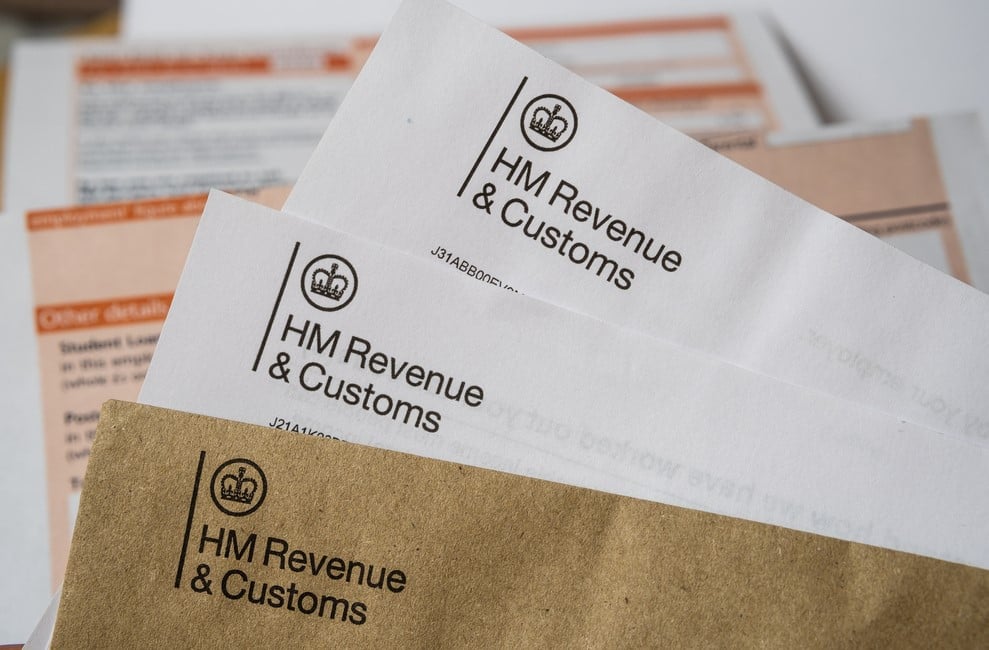Grasping Your HMRC Nudge Letter: Key Tips!
Receiving a letter from HM Revenue and Customs can often propagate ripples of anxiety throughout anyone’s day. Generally, these correspondences arrive in several forms, but one type that could land in your mailbox is the so-called “nudge letter.” Formulated to remind or urge taxpayers about their fiscal responsibilities, specifically pertaining to undeclared income, understanding your HMRC nudge letter is crucial to ensure you’re meeting your tax obligations effectually.
What exactly is an HMRC Nudge Letter?
A nudge letter from HMRC is fundamentally a preventive measure rather than an accusing one. These letters are part of HMRC’s plan to encourage taxpayers to willingly rectify any discrepancies in their tax reports, especially focusing on foreign income that may not have been fully declared. Unlike formal audit letters, a nudge letter is not indicative there is an ongoing investigation into your tax affairs. Instead, it functions as a soft prompt that HMRC has data indicating there could be undeclared income.

Why Have You Gotten This?
Should you’ve come across one of these notices in your mail, it is probably because HMRC has gathered details that possibly contradicts with the data you’ve provided, or indicates there could be other income sources that need be accounted for. Typical triggers for issuing a nudge letter involve discrepancies seen in the data reported by foreign tax authorities or financial institutions concerning overseas income.
Interpreting the Message
The primary content of a nudge letter typically includes a notice about the necessity of declaring all relevant revenues; a reminder that errors should be fixed; and at times, connections to guides on the best way to handle disclosing undisclosed income. It is essential to check the information stated about the alleged undisclosed income thoroughly and determine whether it pertains to your situation.
Next Actions: What Should You Execute?
Upon getting a prompt letter, undertaking proactive steps is crucial:
Review your Tax Documents: Double-check your prior returns to confirm all income sources were reported accurately. Pay special attention to any overseas earnings.
Consult a Tax Advisor: If there is any uncertainty about the way to move forward or if corrections are, consulting with a tax professional can provide clarity and guidance.
Respond Promptly: Follow any kind of directions given in the letter regarding deadlines for reply. Participating cooperatively with the HMRC can often prevent additional issues or inquiries.
Rectify Every Blunders: If you detect oversights or neglected details, adopt quick measures to fix it. This often includes submitting amended returns and joining forces fully with HMRC.
Precaution is Better Over Treatment
To steer clear of future HMRC nudge letters, preserving detailed and correct records of every single domestic and global income is advisable. Consistently updating tax filings and making sure comprehensive transparency can support circumvent the pressure associated with such checks from the tax authorities.
Handling tax matters can sometimes appear daunting, especially when it involves complications such as foreign earnings. However, understanding why you obtained an HMRC nudge letter and knowing how to reply effectively might not only help in resolving likely issues quickly but also reinforce your commitment to careful fiscal compliance. Remember, HMRC employs these letters to assist taxpayers in remaining compliant rather than fining them suddenly.
More information about Letter from HMRC just go to this useful website